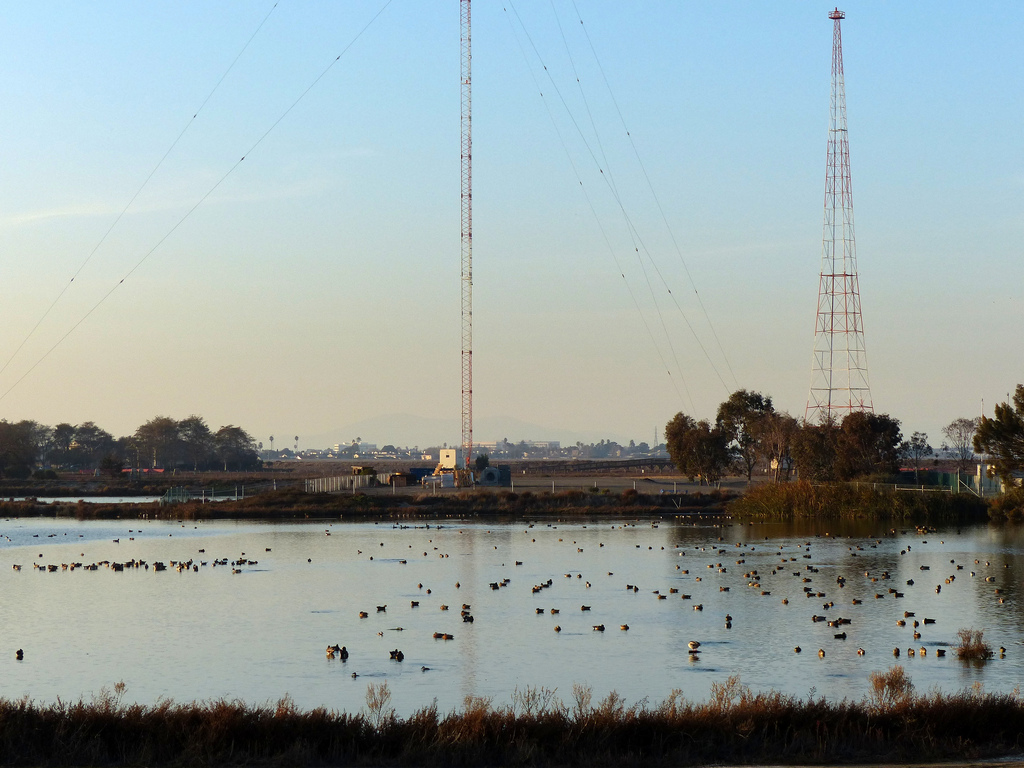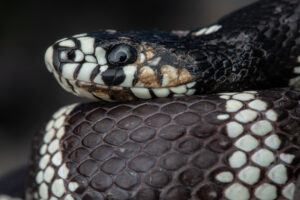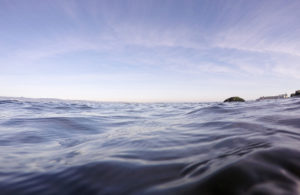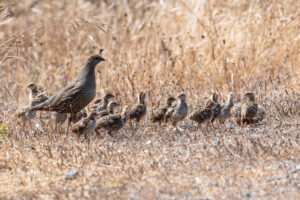An avian cholera outbreak at a Redwood Shores wastewater treatment pond and popular birding site had killed more than 200 birds as of Tuesday, January 14, according to the U.S. Fish and Wildlife Service.
A local birdwatcher notified the service after spotting several dead birds in the pond last month. Rachel Tertes a USFWS biologist, said specimens were sent to the USGS National Wildlife Health Center, which confirmed the disease as avian cholera earlier this week. Officials believe the cholera may have spread from a confirmed outbreak in Hayward.
Daniel Child, the South Bayside System Authority’s general manager, said the ponds at 1400 Radio Road are currently being drained, and any dead birds collected, to minimize the spread of the disease. He said he expected the ponds would remain empty until the summer to allow the soil to dry out and kill any remnants of the disease pathogen, which requires water to survive.
“I know everyone is hoping for rain for the drought,” Childs said. “But for this, rain will keep everything wet longer.”
Avian cholera is a contagious bacterial disease that mainly affects waterfowl. It does not affect humans. In birds it is most often transmitted through ingesting contaminated food or water but can also spread through bird-to-bird contact. The disease is common in California and Tertes said there is an outbreak at least once every two years.
“Right now it’s a small outbreak,” she said. “There are normally several thousand birds at the pond so with several hundred birds dead, it is a relatively small percentage.”
The Radio Road ponds are considered a birding hotspot attracting some 10,000 shorebirds, waterfowl and other species. The birds that have escaped the avian cholera outbreak have plenty of local wetland habitats they can move to, Tertes said.
“Ducks are very adaptable to change and tend to go with the go flow,” she said. “If they find an area is dry they’ll just go to a new area that has water.”
To read more about Radio Road, see our January- March Naturalist’s Notebook and feature article.





